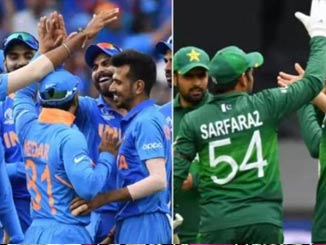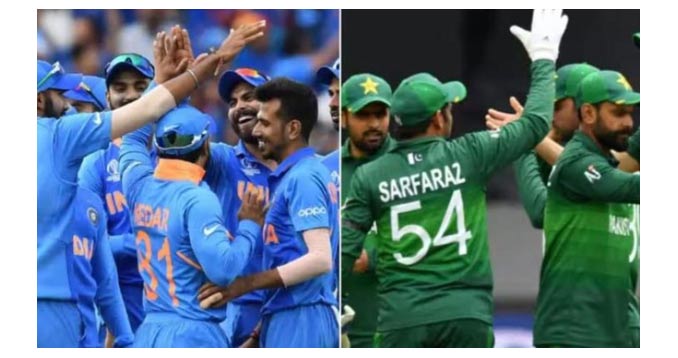


The day I reached Monrovia in 2004 as part of the United Nations peacekeeping mission in Liberia, I was struck by an unexpected sight.
On a muddy patch of land, logs served as goalposts for an improvised football ground. A match was underway. On one side was a team drawn from the UN mission. Their opponents: A squad of 11 – freshly disarmed combatants from the country’s 14-year long civil war that had killed a quarter million people and displaced twice as many. Some of the Liberian team members had been perpetrators of atrocities, others had been victims.
Soccer-mad Liberians in their hundreds, mostly ex-combatants, were wildly cheering for their team, which eventually routed the UN squad 2-0.
It was a perfect example of sports being used to bring peace and rapprochement.
Since 2004, Liberia has remained a democracy at peace with itself for more than two decades now. During this period, the country even elected well-known international soccer player George Weah as its president for a term, 2018-2024.
History demonstrates that sports often succeed where politics fails. In the Cold War era, the famous “ping pong diplomacy” between the United States and China in the 1970s helped break the ice between two estranged nations and paved the way for President
Richard Nixon’s historic visit to Beijing. Similarly, North and South Korea, despite being technically at war, have fielded joint teams at the Olympics to demonstrate the power of sport in softening tensions.
Speaking of history, who can forget the thunder that reverberated around the cricketing world following then Pakistan captain Javed Miandad’s last-ball six in Sharjah in 1986? Or then Pakistan president Gen. Pervez Musharraf’s advice to Indian batter M. S. Dhoni during India’s tour of Pakistan in 2006 to not cut his flowing hair?
The UN has long recognized sports as an effective medium to enhance peace and foster understanding among people and between nations. In 2013, the UN General Assembly declared April 6 as the International Day of Sport for Development and Peace, underscoring its potential to unite divided societies.
At a time when border tensions, cross-border terrorism, and frozen diplomatic channels define India-Pakistan relations, resuming cricket ties may seem counterintuitive. Yet it is precisely in such climates that unconventional tools for engagement become vital.
No other sport grips the imagination of Indians and Pakistanis the way cricket does. It is not just a game — it is identity, passion, and politics rolled into one. When the two sides meet, stadiums overflow, television ratings soar, and emotions run high. Hundreds of millions watch across the world, making it one of the most followed rivalries in sport.
